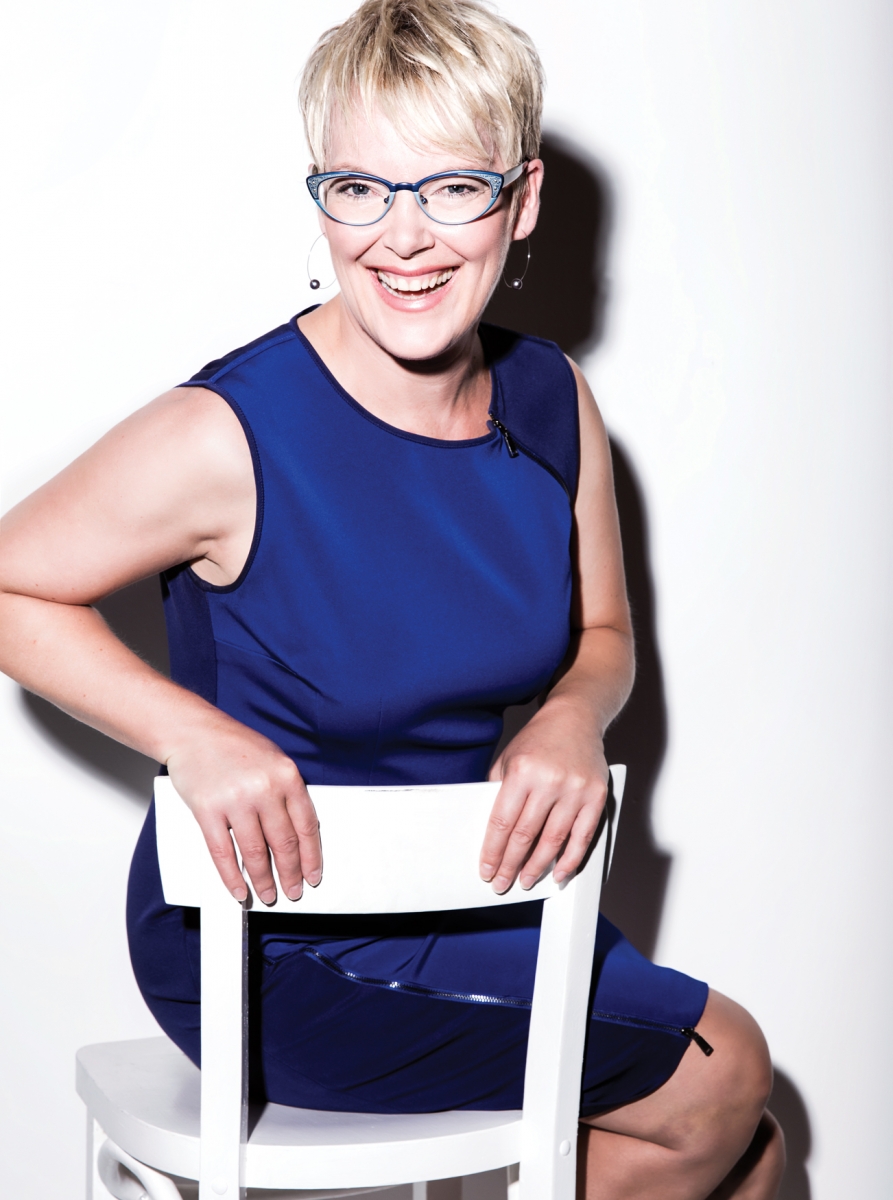“As much as we’re in the service-delivery business to help women entrepreneurs, we’re also in the perception-changing business. We’re seeing a massive participation of women as entrepreneurs, and they’re getting involved in industries that would not be considered traditional. Things like technology and innovation, manufacturing and agriculture.” The fastest growing segment in both Canadian business and female business is actually in business services, she says, and women with education and professional experience are well-equipped to be a part of that field.
She adds that AWE’s work in the province is important because the province is a hotbed of start-up activity. Between 18 and 19 per cent of the population is employed in entrepreneurial ventures; within that, for every five men that start a business, four women open businesses, too. Though Alberta has a bad reputation for having the largest wage gap in the country, Scarlett notes that stat can be skewed. “Many of the jobs [in Alberta] that are high-paying are in industries that are in remote sites and not hours that fit for a primary caregiver for children or for families.”
On the upside: When women own their own businesses, they are paid market rate for their own work.
Scarlett admits that, of course, there are challenges for AWE’s budding entrepreneurs. The ever-present, if somewhat archaic, societal viewpoints on women’s social roles can cloud the potential for their participation in the business ring.
“Where we start to see the difference between female-owned business and male-owned business is in growth aspirations,” she explains.
In some cases, women constrain the growth of the businesses to avoid financial risk. “They don’t want to leverage family assets like their house to be able to go into business. There are a lot of things like that when it comes to women running businesses that are under-capitalized.”
On average, when controlling for sector, women’s businesses are half the size of their male-owned counterparts.
